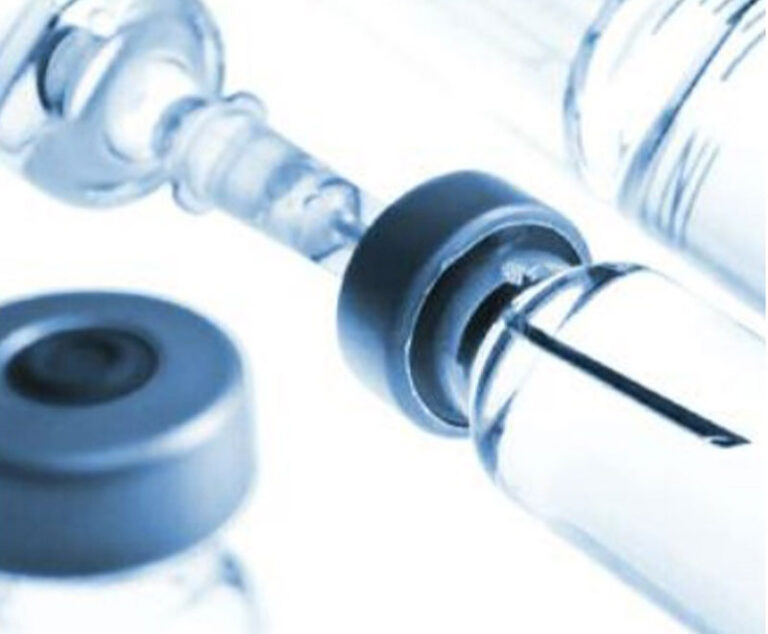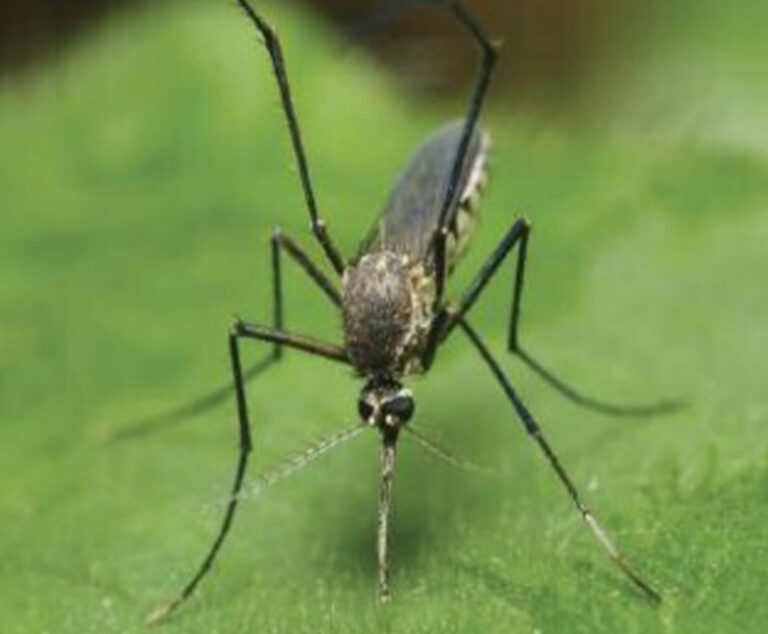Industry News
Research, Science & Manufacturer Updates
Approximately 48,000 people died in the U.S. in 2011 because they couldn’t get access to timely and appropriate medical care.
A team of researchers at the Garvan Institute of Medical Research in Sydney, Australia, have identified a weak link in the immune system and “the exact conditions under which an infection can trigger an autoantibody response.”
A synthetic vaccine based on nanotechnology may halt autoimmune diseases such as Crohn’s and rheumatoid arthritis.
Preliminary results from a Phase III clinical trial in Africa showed that a malaria vaccine, known as RTS,S, cut the number of malaria cases by 50 percent in a 12-month period following vaccination.
A vaccine that jump-starts the immune system is showing promise in keeping patients diagnosed with glioblastoma, or malignant glioma, alive longer.
The U.S. Department of Health and Human Services established three new centers to produce vaccines and other medications used to safeguard public health in the face of crises.
New research reveals that patients suffering from both breast cancer and arthritis have a more aggressive cancer, a finding that could suggest a possible treatment.
BioAegis Therapeutics is raising $6 million to advance the development of a natural human protein with anti-inflammatory benefits for critical care patients.
On July 9, 2012, President Obama signed into law the Food and Drug Administration Safety and Innovation Act, also known as S. 3187.
Novo Nordisk and Benaroya Research Institute at Virginia Mason (BRI), Seattle,Wash., have entered into a three year collaborative agreement to potentially speed up translational research of the diagnosis and treatment of rheumatoid arthritis, inflammatory bowel disease and lupus.
Updates on recent FDA approvals, appointments, acquisitions and alliances in the pharmaceutical industry.
The Centers for Medicare and Medicaid Services issued new rules on May 10, 2012, to reduce redundant and outdated regulations on American hospitals and healthcare providers in order to decrease costs and allow for more emphasis on medical care.











